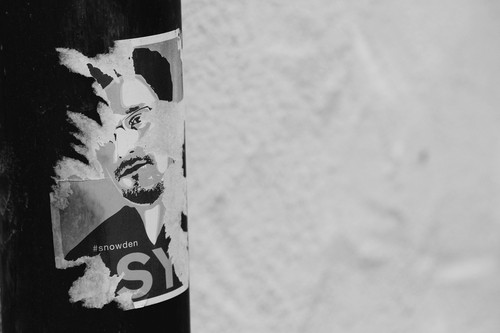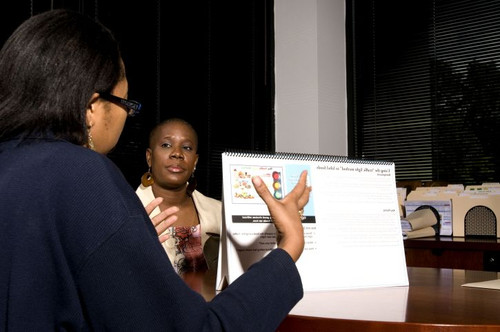Product Description
Abstract
“Sometimes to do the right thing, you have to break a law,” Edward Snowden said of his revelations that the National Security Administration had conducted mass surveillance of US residents. But many people, including the US government, disagreed with these intentions—the Department of Justice brought criminal charges against Snowden under the Espionage Act. Was Snowden a heroic whistleblower who served US citizens by exposing unethical and perhaps unconstitutional behavior on the part of the NSA? Or was he a misguided and troubled computer hacker whose actions embarrassed his country and put diplomats and agents abroad at risk?
This case study chronicles the life of Edward Snowden, focusing on his cybersecurity contract work and the steps that led him to leak classified NSA documents to journalists Glenn Greenwald and Laura Poitras. The case study also provides legal and ethical context to Snowden’s actions, explaining the PATRIOT Act and the NSA surveillance programs in question. Video footage, accessible via hyperlink in the case materials, also inform the debate.
Participants will deliberate whether Snowden is a hero or a traitor as well as how to feel about the actions of Snowden and the State. Participants will reflect on the role of identity and privacy—as it relates not only to government and technology, but also to the participant deliberations themselves.
Learning Objectives
- Deliberate without rancor a highly emotionally-charged issue
- Understand the surveillance mechanisms used by the National Security Administration as it relates to the PATRIOT Act, whistleblowing, ethics, and constitutionality
- Reflect on the role of identity and privacy in society and in group deliberation
Subjects Covered
National security, surveillance, intelligence, classified information, whistleblowers, international relations, deliberation, hacking, privacy, ethics, technology, cybersecurity, leaks
Setting
Geographic: United States; Hong Kong; Russia
Industry: National Security; National Intelligence
Event Start Date: 2013
Accessibility
To obtain accessible versions of our products for use by those with disabilities, please contact the HLS Case Studies Program at hlscasestudies@law.harvard.edu or +1-617-496-1316.
Educator Materials
Registered members of this website can download this product at no cost. Please create an account or sign in to gain access to these materials.
Note: It can take up to three business days after you create an account to verify educator access. Verification will be confirmed via email.
For more information about the Problem Solving Workshop, or to request a teaching note for this case study, contact the Case Studies Program at hlscasestudies@law.harvard.edu or +1-617-496-1316.
Additional Information
New MOOC Blends Multimedia Case Studies and Synchronous Online Participation
The Jury Is In: New Cases Deliberate Social Issues in Cyberspace
Making the Case for Unfacilitated Case Discussion: How Students Make Meaning of Case Studies
Copyright Information
Please note that each purchase of this product entitles the purchaser to one download and use. If you need multiple copies, please purchase the number of copies you need. For more information, see Copying Your Case Study.







